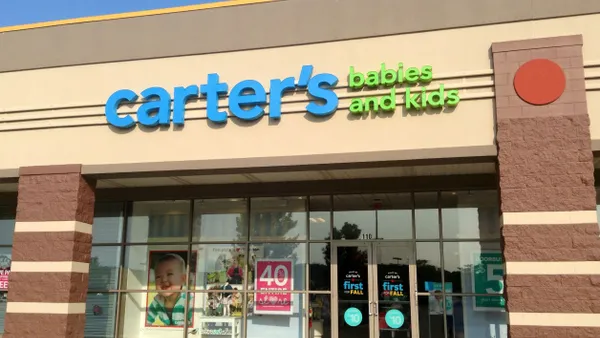Dive Brief:
- The National Labor Relations Board (NLRB) has filed a complaint against two California warehousing firms for allegedly violating workers’ right to organize.
- California Cartage and affiliate Orient Tally provide inventory storage and fulfillment for several large U.S. retailers including Amazon, Lowe’s, New Balance and Sears.
- The companies must respond to the consolidated complaint this week, and the case will be heard by an NLRB administrative law judge in June.
Dive Insight:
The National Labor Relations Board has filed an official complaint against California Cartage and a related business, Orient Tally, after finding evidence that they violated workers’ right to organize. While these companies serve large U.S. retailers such as Amazon and Lowe’s, no retailers were named in the filing.
According to complaints filed last year by the Warehouse Workers Resource Center (WWRC), a labor group based in Ontario, CA, managers at California Cartage’s Long Beach facility illegally discouraged employees from organizing, even threatening them with dismissal. The complaint applies to temporary and direct employees.
Contacted by Fortune, Al Latham, an attorney representing California Cartage and Orient Tally, said the firms could not comment on ongoing litigation. Sears declined to comment, and Amazon, Lowe’s and New Balance did not immediately respond to requests for comment.
Warehouses and fulfillment centers have blossomed alongside e-commerce, with big retailers needing to satisfy the boom in orders made for shipment rather than traditional store pickup. According to the WWRC and other labor groups, the phenomenon has produced poor working conditions in the nation’s warehouses and ports.
Use of third-party providers usually keeps retailers’ out of such complaints, but Amazon has faced criticism for employing independent contractors who are ineligible for overtime, workers’ compensation and other full-time benefits. If legions of temp workers are able to access the same benefits as full-time employees, the resulting costs will likely be passed along to retailers and their customers.












